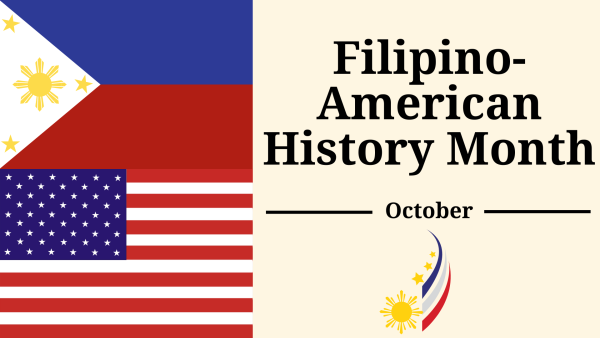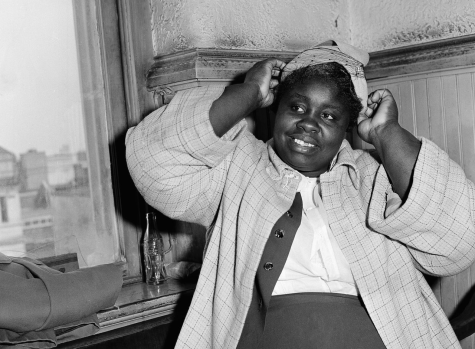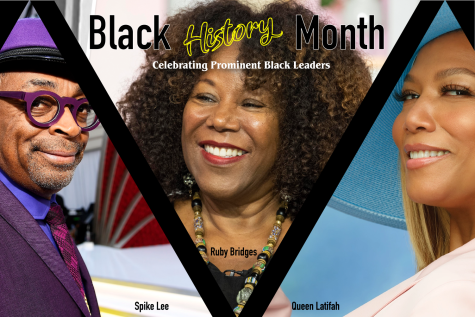Celebrating prominent Black leaders: Malcolm X takes a different stance on advocacy
During black history month the prominent figure I learned about was Martin Luther King. While other important figures were introduced, he was the one we learned about most. It wasn’t until middle school that I was able to learn about another prominent figure, Malcolm X.
Malcolm Little, born in Omaha, NE, was a Nation of Islam minister who was significant in the civil rights movement, however, his ideologies opposed King’s ideologies.
Being in middle school during Black History Month, Malcolm X was introduced as another perspective during the civil rights movement. We learned his age, his quotes and his opposition to King when it comes to his actions but not much about his ideologies. He was a radical African American human rights activist who believed that African Americans were God’s chosen people and that white people were destined for divine punishment.
King advocated to end segregation and inequality, and believed that Black and white people should join hand in hand. Malcolm X also believed in racial separatism and Black superiority. King’s methods of advocacy and nonviolent approach was criticized by Malcolm as he urged his followers to defend themselves with “whatever means necessary.” It’s conflicting, that quote, because I learned about peaceful protests from school and the ‘right’ ways to protest. But I am also taught by my family who surround me to defend myself if needed, to start reasoning but protecting myself if things go bad. This quote can mean something different to everyone, depending on the time and event.
However, Malcolm X later founded the Organization of Afro-American Unity, which was an institute looking to unify non-Muslim African Americans and people from Africa. This became more moderate in his ideology after leaving the Nation of Islam, which changed his belief that racism is the enemy and not the white race.
He was one of many who influenced the Black power movement in the late 1960’s and 1970’s, while also advocating for Black nationalism and racial unity before he was assassinated.
Continuing to high school, Black History Month was a time to pick a Black figure to write about for a paper or an assignment. We had a list of choices, I picked Malcolm X. I went home and got the History channel website up and then procrastinated till the day before the assignment was done. I used MLA format and gave a quick biography about Malcolm X’s life, religion and assassination in 1,500 words. Ending up with a 90% and went about my day. I learned about the basics, but never analyzed how he impacted the current day.
While in college I learned how he helped many during the Black Power movement to find their identity and Black culture just with his speeches and quotes. I learned how many people use his quotes and ideals to describe their politics, motivations and identity. I learned more about his bibliography, about his children, his speeches and how his ideologies changed throughout the years.
I see now the impact of his actions and involvement to learn about the different sides of a still present movement, which is the hardships that Black people still face just because of their race.
Edited by LeSha’ Davis, Simran Shrestha and Aja Carter
Your donation will support the student journalists of Washburn University. Your contribution will allow us to purchase equipment and cover our annual website hosting costs.














